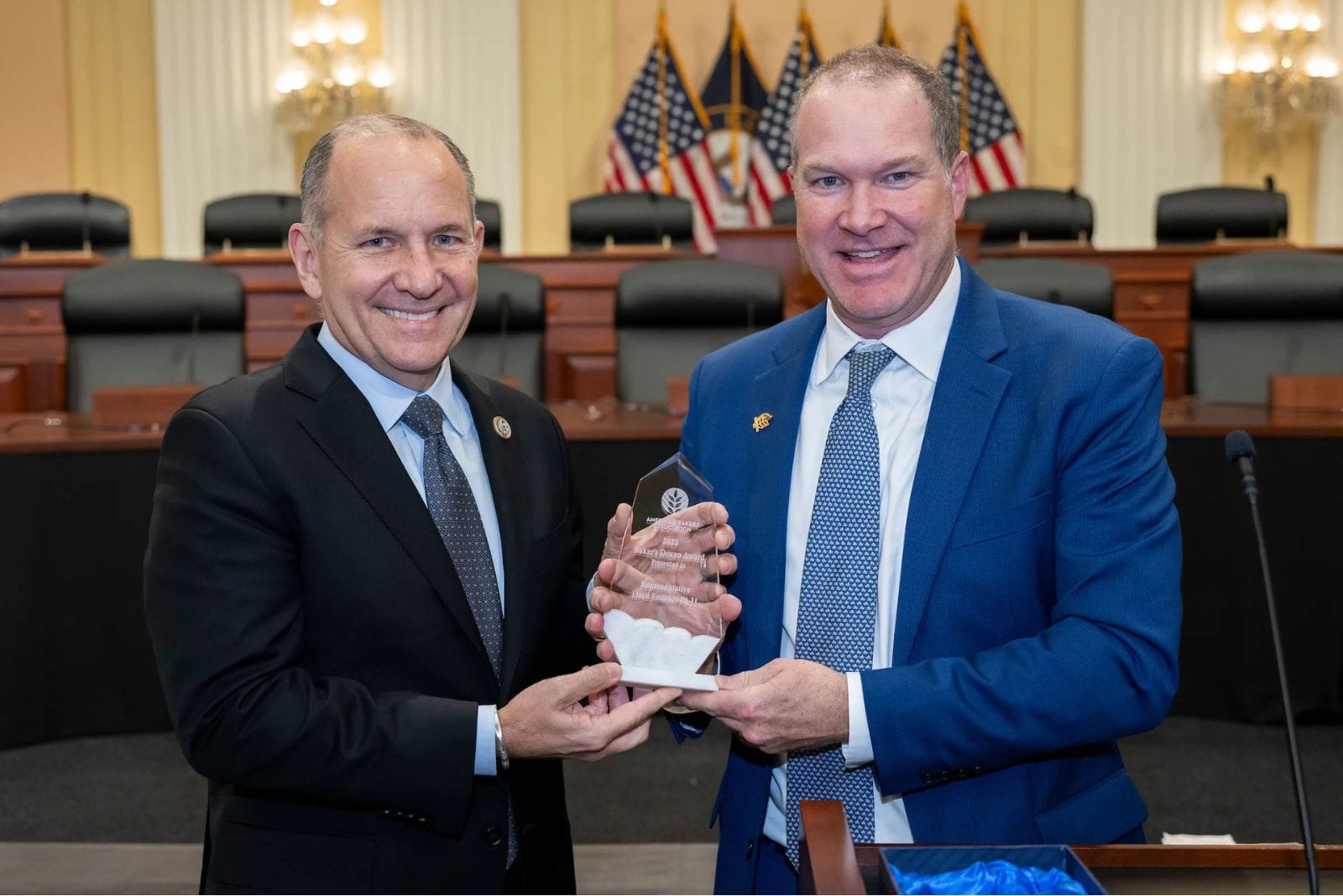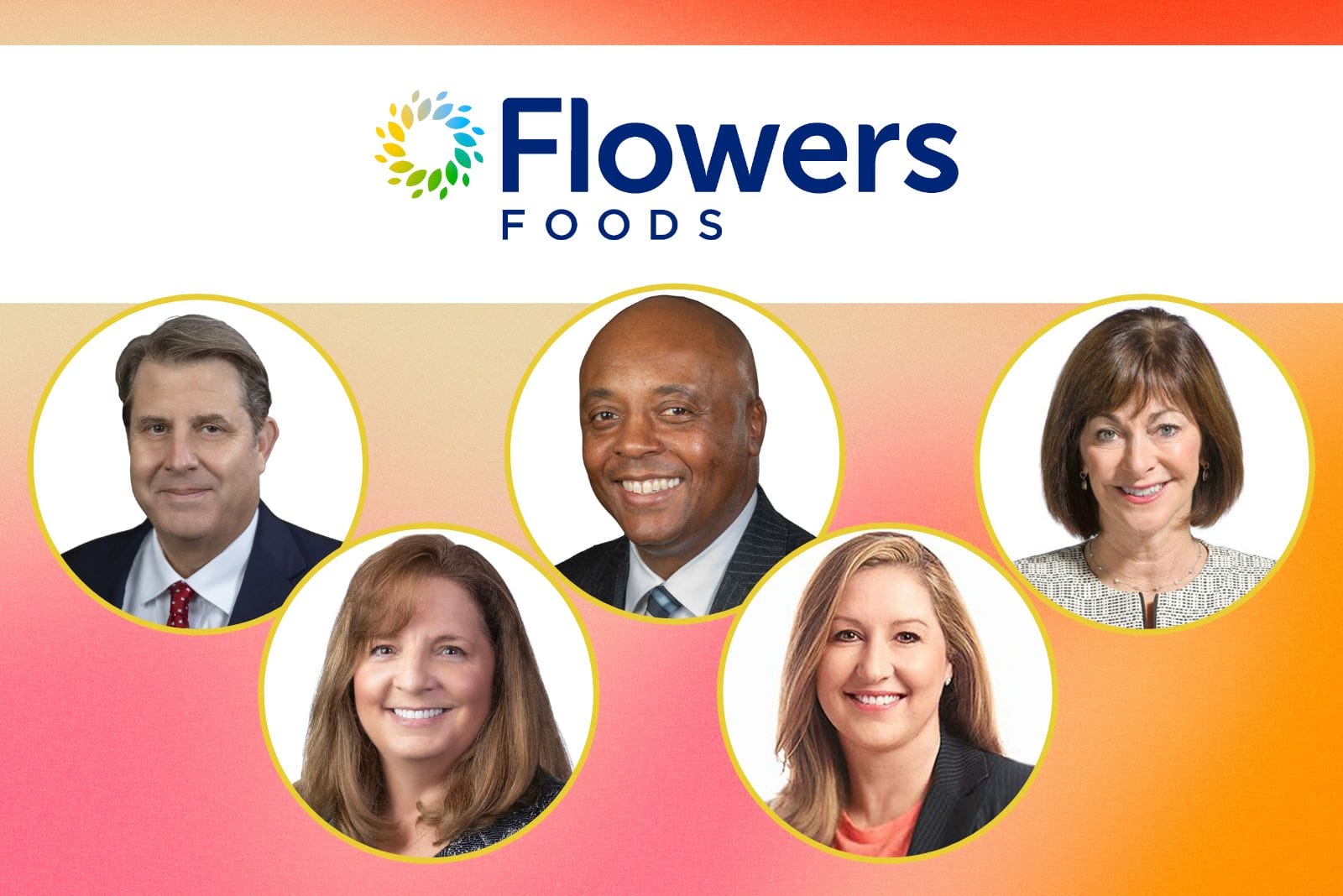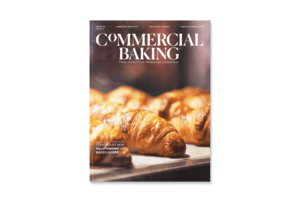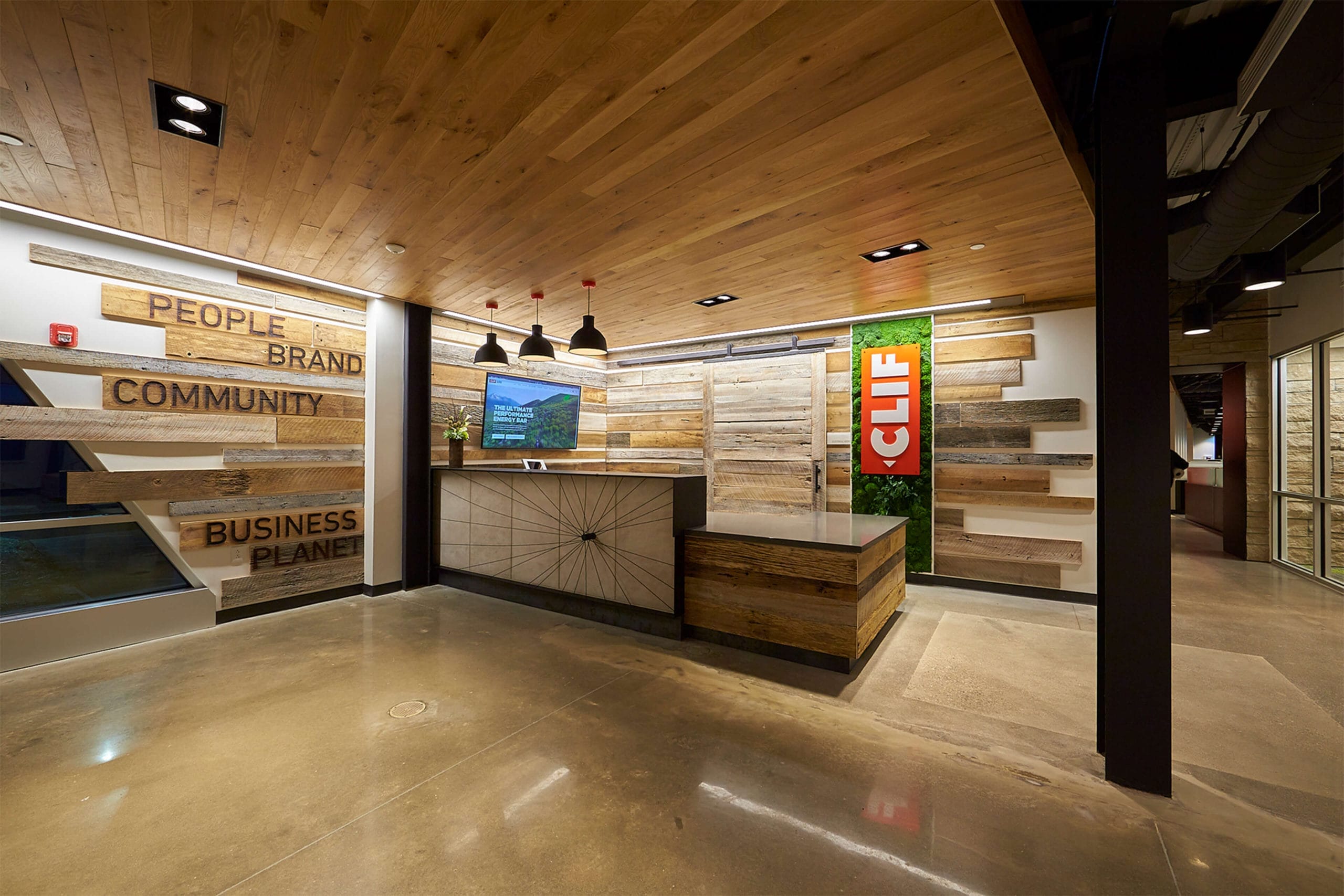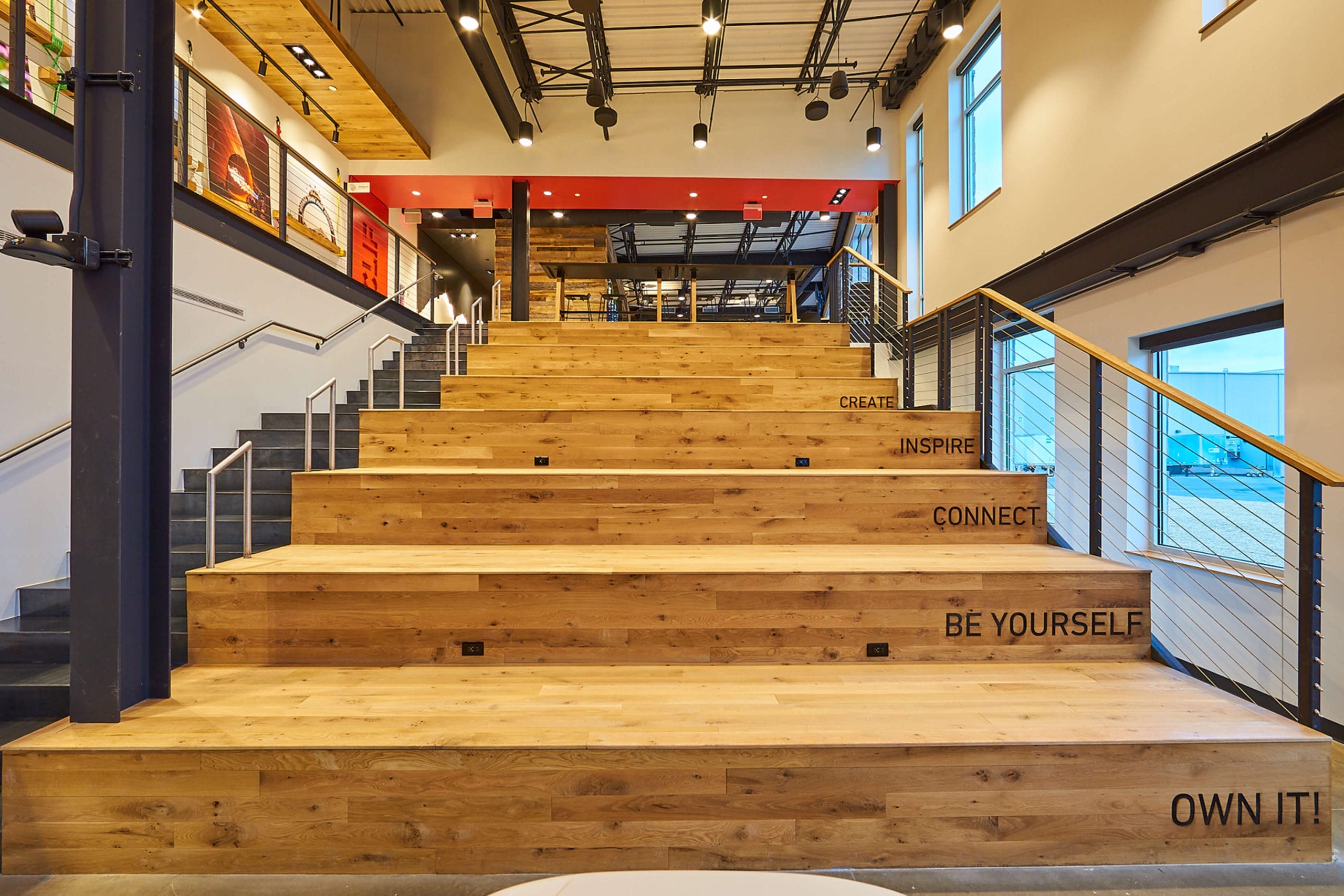NEW YORK, NY — The COVID-19 pandemic has caused not only great changes in consumer behavior but also possible long-term effects. Over a relatively short time, people have simultaneously changed their shopping, eating and cooking behaviors, and those evolutions are still surfacing in 2021.
To assess the changes associated with consumer attitudes and behaviors regarding cooking and eating, Hunter Integrated Marketing and PR conducted its Food Study Special Report at the height of the pandemic in April 2020 and again in December.
Mandated lockdowns and closures, work- and school-from-home scenarios, and feared implications of an unknown virus found consumers initially returning to cooking out of sheer necessity. Between April and December, people reported an intensification of confidence and creativity in the kitchen with many of those surveyed planning to continue their home cooking efforts into the New Year. It’s also provided awareness of food waste with 41% of Americans wasting less food, down 16 points from the early days of the pandemic.
It’s also provided awareness of food waste with 41% of Americans wasting less food, down 16 points from the early days of the pandemic.
For many, cooking at home has evolved into a way to save money, eat healthier and generally feel better. But the healthy eating behaviors begun last year also include leniency to indulge as well. As a result, the “pandemic 10 or 15” (pounds) plague some consumers, which could cause an additional impact as they experience meal-making fatigue and rely on the convenience of delivery and takeout. Snacking maintains its momentum with smaller sizes serving as mini meals as a way to break up the day. In single-person households, snacking remains higher.
Dealing with the uncertainty of a pandemic has also increased the desire for security in many forms, including sticking with the use of the same brands and products. Hunter’s December follow-up report found 56% of Americans eating more like the way they did prior to COVID-19. In April, 71% said they’re using brands and products they know and trust, and 65% still agreed in December.
The discovery of new brands rose 7% from April to December. This opens up opportunities for new product innovation and introductions in 2021.
